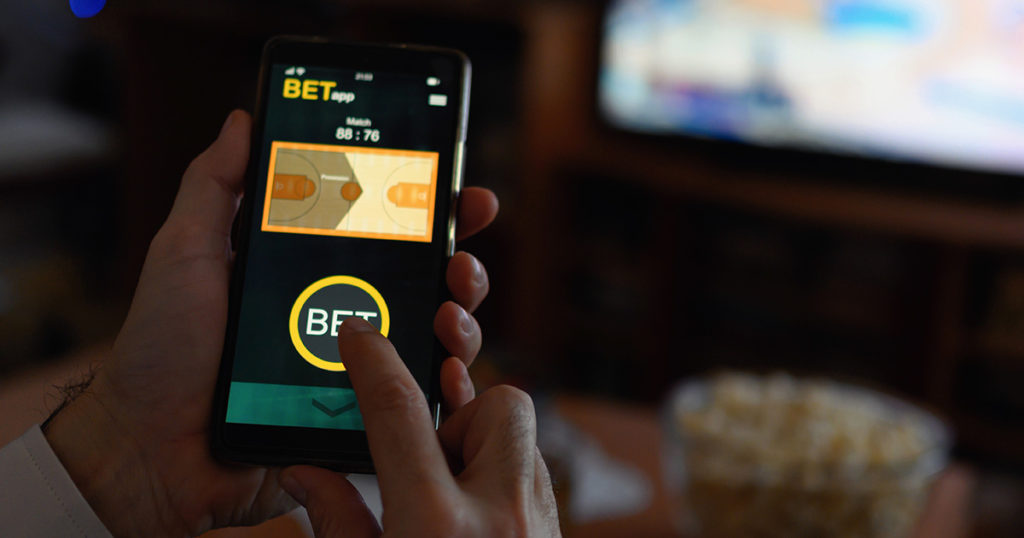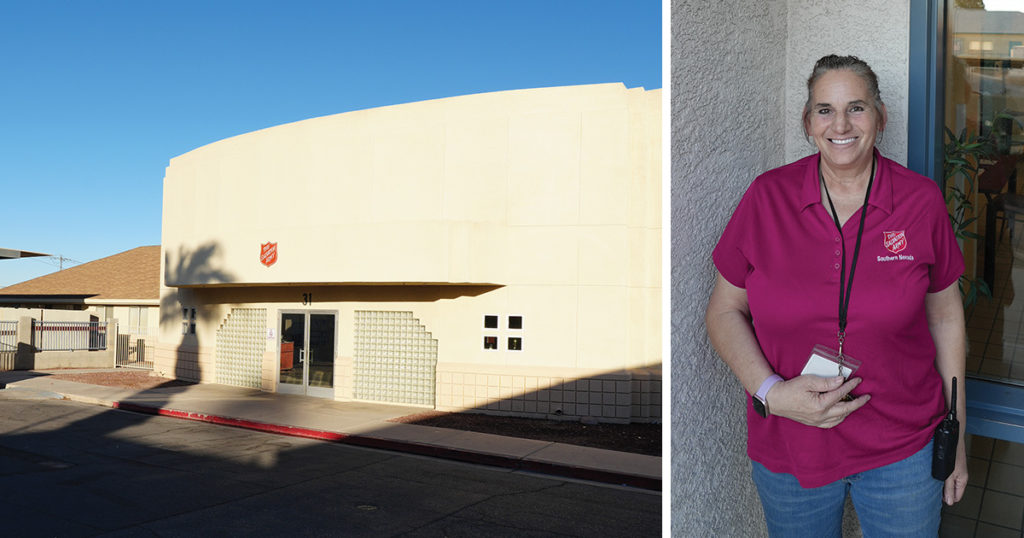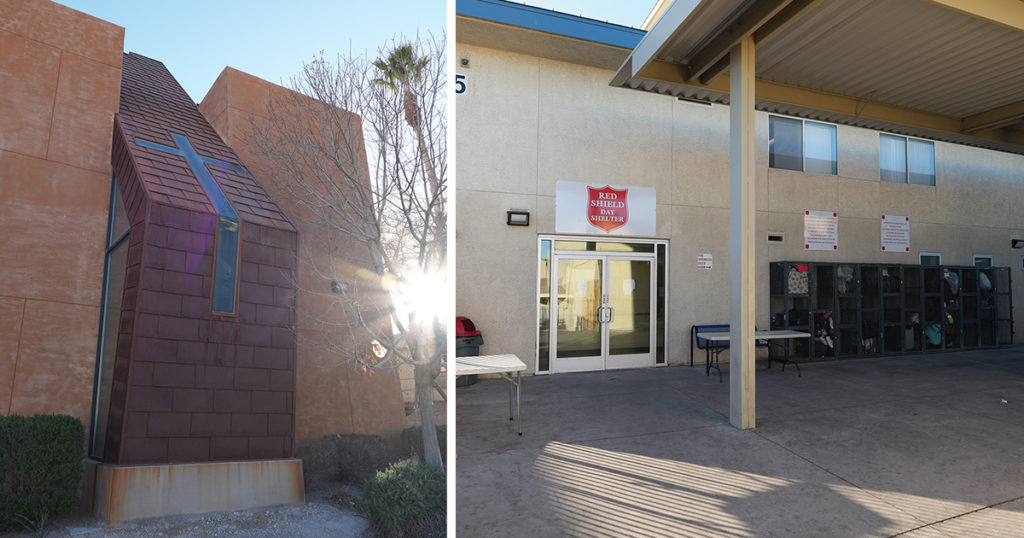A Safe Bet? The Risks of Sports Gambling
An exploration of how legalized sports gambling affects vulnerable communities and raises ethical concerns.
In August 2018, a major sports gambling company ran an ad featuring two fictitious, multisport pro athletes touting “more ways to win” as the company expanded its betting services to more sports leagues. The ad reflected the dramatic expansion of sports gambling occurring across the industry at the time.
Until earlier that year, sports gambling had been illegal under federal law. Today it’s legal in 39 states and Washington, D.C. Americans bet an estimated $150 billion on sports in 2024, up 24% from the previous year, according to the American Gaming Association. Since the federal government legalized sports betting, premium pitchmen like Kevin Hart or Peyton Manning have replaced the fictitious athletes, and advertisements for betting sites have dominated the ad space of sporting events. Sports gambling is big business, and state governments have been eager to collect tax revenue from the industry.
Not everyone has welcomed the arrival of ever widening and increasingly intrusive gambling markets. In a recent article in “The Atlantic,” Richard Daynard, president of the Public Health Advocacy Institute, described his campaign to rein in sports gambling’s excesses. A veteran of the fight against Big Tobacco, Daynard played a foundational role in establishing the legal foundation for settlements with cigarette manufacturers in the 1980s and ‘90s. He contends that betting websites are engineered to foster addiction. “You’re just pushing buttons,” says Daynard. “You’re just going after action.”
The “Diagnostic Statistical Manual of Mental Disorders”, the handbook used by mental health professionals to diagnose mental health disorders, classifies gambling addiction as a mental health condition. To receive a diagnosis, a person must meet at least four of nine criteria within a 12-month period. These include symptoms such as irritability when attempting to cut back on gambling or gambling with increasing amounts of money to achieve desired excitement.
A study published in “JAMA Internal Medicine,” led by researchers from the University of California San Diego Qualcomm Institute and School of Medicine, found a sharp rise in sports betting and gambling addiction help-seeking following the Supreme Court’s Murphy v. NCAA decision. The study analyzed internet search data and saw a 33% increase in gambling addiction help-seeking following the introduction of retail sportsbooks. That number skyrocketed 61% with the launch of online sportsbooks and has remained elevated for years.

The Salvation Army prioritizes service to those on the socioeconomic margins of society. As a means for making a quick buck, sports gambling has had a disproportionate impact on low-income Americans. Researchers for the National Bureau of Economic Research reported in 2024 that financially constrained households are more likely to engage in sports betting and more likely to suffer from its negative consequences like less investment, more consumer debt and greater financial instability.
The Salvation Army has seen firsthand the terrible toll sports betting has on low-income Americans. “It’s like putting the casino in your living room,” said Major Harold Laubach, “Casinos are one thing. You have to get up. You have to leave your house. Now, you don’t even have to leave your couch anymore. You just pick up your phone and start throwing your money away. Just like that.”
Given that 91% of Americans owned smart phones in 2024, the availability of gambling apps spans all income brackets. “You can be homeless; you can have no place to live; you can be living in your vehicle and still be able to burn money on a gambling app on your cell phone.” Major Laubach has witnessed how destructive gambling can be for vulnerable people, exacerbating experiences of homelessness. “What happens in more cases is [people say,] ‘My car payment’s $300, and I only have $200, so I need to make up one hundred bucks right now.’ Then, later you’re like … ‘Now, I only have 50 bucks.’”
The Salvation Army Southern Nevada operates the Owens Campus in Las Vegas, which provides emergency shelter, housing for veterans, and other service programs. Lori Colmeco, a veterans technician at the campus, has seen the terrible effects of residents using gambling to supplement their fixed incomes. “So, if you’re on a fixed income, and you just make one mistake, one $100 bet that throws you off — now all of a sudden, you’re in eviction,” says Calmeco. “You’re on a fixed income, you’re staying in a shelter, your mind [begins to look for an] easy fix … [You think] ‘Let me go try to double this, I’ll get my apartment back’ … you start to spiral.” Ms. Colmeco believes some people become homeless because they attempt to pay their bills through gambling. But, gambling rarely pays off, instead it usually results in greater financial uncertainty and misery. “You’ve just fallen into a deeper and deeper hole.”
The Salvation Army’s international position statement on gambling opposes all forms of betting, stating, “Gambling runs counter to Christian teachings about love, respect, self control and compassion for others.” While not every gambler struggles with gambling addiction, the position holds that such people “still have a responsibility to protect those who are at greater risk.” The Salvation Army does not condemn anyone who gambles or struggles with gambling addiction. Instead, Christians bear the responsibility to “help problem gamblers to recover, be whole persons and regain self-respect.” And criticizes governments that “collect revenue from a vulnerable population.”

According to a 2025 national survey conducted by Sacred Heart University, only 36.9% of Americans viewed sports gambling positively, while 48.4% believe the effect is more negative. The sports gambling industry seems to be responding to concerns held by segments of the public.
In 2025 an ad titled “Magic Cat” stressed ways to limit one’s gambling habit, and the ad displayed the gambler’s help hotline at the bottom of the screen for the whole duration. The shift from “more ways to win” to more ways to control one’s gambling may be proof enough that sports gambling poses more risks than it does rewards.







